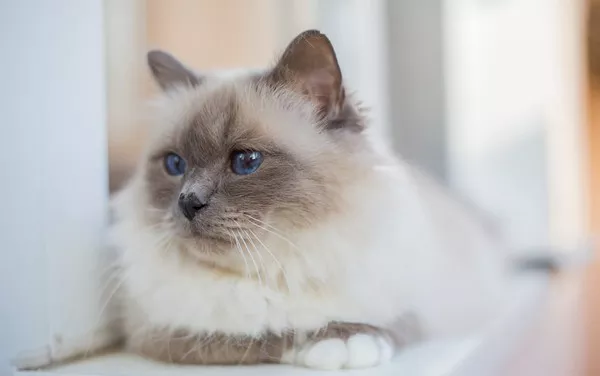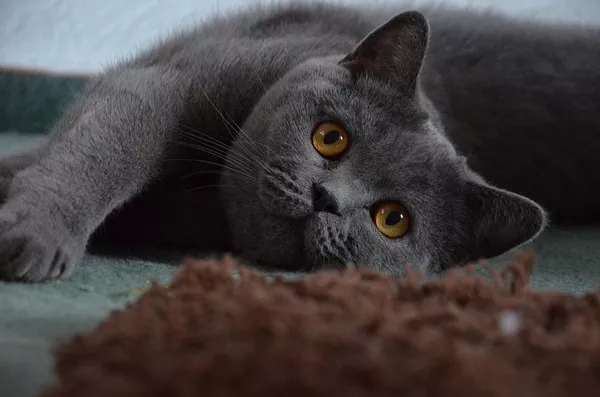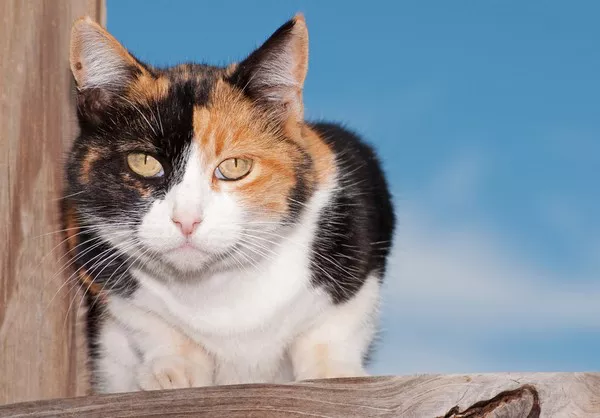Cats are beloved companions known for their curious and playful nature. However, if you’ve noticed your feline friend sneezing more than usual, it’s essential to pay attention to this symptom. Sneezing in cats can be caused by various factors, ranging from minor irritations to more serious underlying health issues. In this article, we’ll explore the common reasons why cats sneeze, the potential implications, and steps you can take to help your cat find relief and recover.
Common Causes
1. Environmental Irritants
Dust and Allergens: Just like humans, cats can be sensitive to airborne irritants such as dust, pollen, and mold spores. These allergens can trigger sneezing and other respiratory symptoms.
Household Cleaners: Strong odors from household cleaners, air fresheners, and perfumes can irritate a cat’s sensitive nasal passages, leading to sneezing.
2. Upper Respiratory Infections
Feline Viral Rhinotracheitis: Feline viral rhinotracheitis is a common upper respiratory infection caused by the feline herpesvirus. Sneezing, nasal discharge, and watery eyes are hallmark symptoms.
Calicivirus: Calicivirus is another viral infection that can cause sneezing, oral ulcers, and joint pain in cats. Vaccination plays a crucial role in prevention.
3. Foreign Objects
Inhaled Objects: Cats are curious creatures that may explore their surroundings with their noses. Inhaling small foreign objects, like grass blades or dust particles, can trigger sneezing.
Nasal Blockage: A foreign object lodged in a cat’s nasal passages can cause irritation and sneezing. If your cat’s sneezing is persistent, a veterinarian should investigate for potential blockages.
4. Dental Issues
Tooth Problems: Dental problems, such as infected teeth or gum disease, can lead to sinus infections, causing sneezing as the body attempts to clear the irritation.
5. Underlying Health Conditions
Respiratory Conditions: Chronic conditions like asthma or bronchitis can lead to sneezing and other respiratory symptoms. These conditions often require veterinary diagnosis and management.
Immune System Disorders: Cats with weakened immune systems are more susceptible to infections and may exhibit chronic sneezing as a result.
What to Do When Your Cat Sneezes
1. Monitor Symptoms
If your cat sneezes occasionally and displays no other concerning symptoms, closely monitor their behavior. Sometimes, sneezing can be a temporary response to minor irritants.
2. Consult a Veterinarian
If your cat’s sneezing is frequent, accompanied by other symptoms like nasal discharge, coughing, or lethargy, consult a veterinarian. A professional evaluation can help determine the underlying cause and appropriate treatment.
3. Vaccinations
Ensure your cat’s vaccinations are up-to-date to protect against common respiratory infections like feline viral rhinotracheitis and calicivirus.
See Also: Cat & Kitten Vaccination Schedule
4. Environmental Changes
Consider making changes to your cat’s environment to reduce potential irritants. Regular cleaning, using pet-safe cleaning products, and providing good ventilation can help.
5. Hydration and Nutrition
Keeping your cat well-hydrated and providing a balanced diet can support their overall health and immune system.
6. Avoid Stress
Stress can weaken a cat’s immune system, making them more susceptible to infections. Provide a calm and enriched environment to minimize stress.
7. Regular Vet Visits
Regular veterinary check-ups are essential for maintaining your cat’s health. Routine examinations can catch potential health issues early and provide appropriate guidance.
Conclusion
In conclusion, sneezing in cats can result from various factors, ranging from environmental irritants to underlying health conditions. While occasional sneezing may be normal, persistent or severe sneezing accompanied by other symptoms warrants professional attention. Understanding the common causes of cat sneezing and knowing when to seek veterinary care is crucial for ensuring your feline companion’s well-being. By staying vigilant, practicing preventive measures, and maintaining regular vet visits, you can help your cat enjoy a happy and healthy life free from the discomfort of persistent sneezing.


























